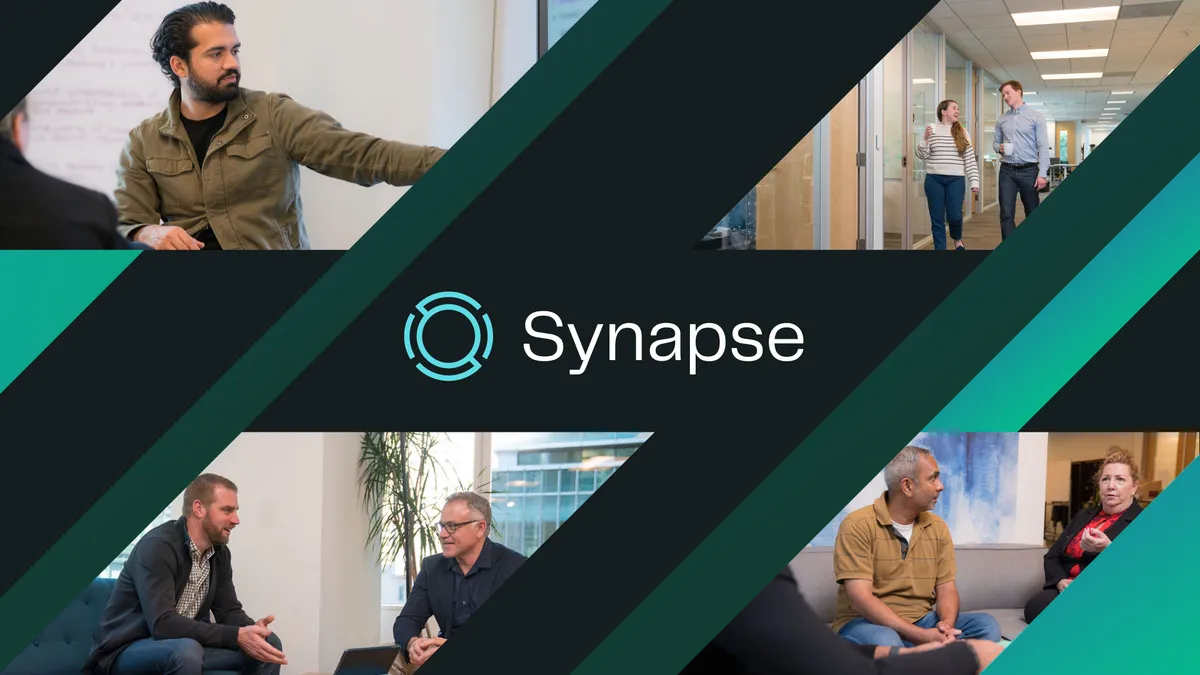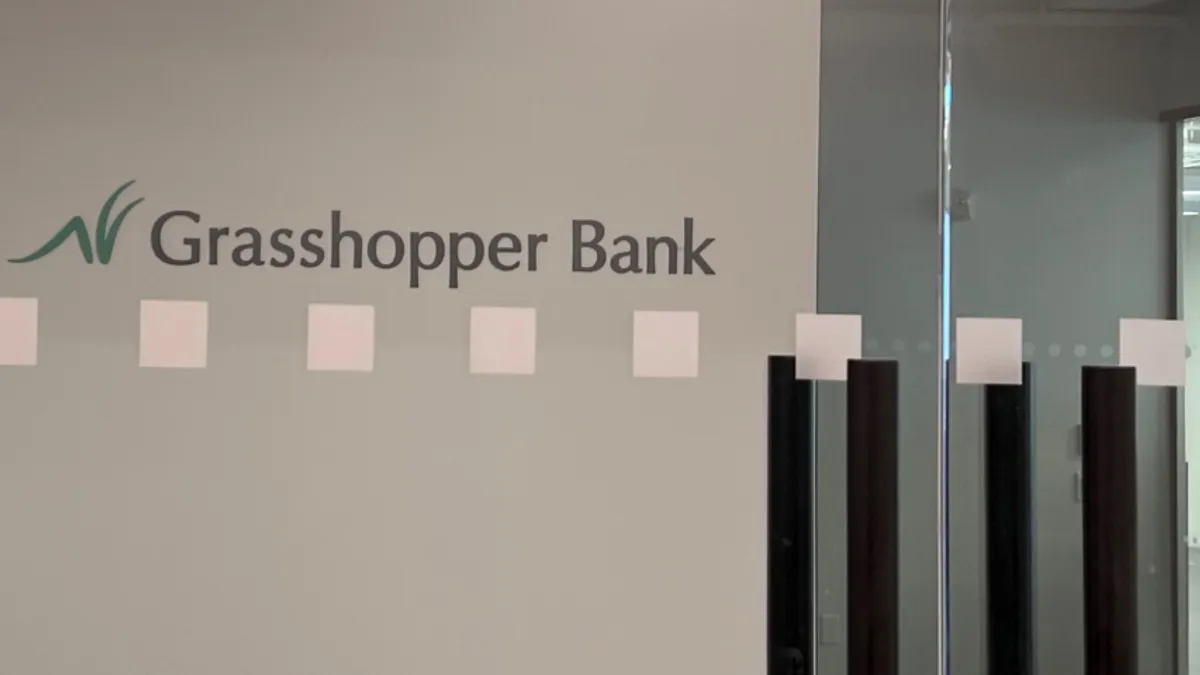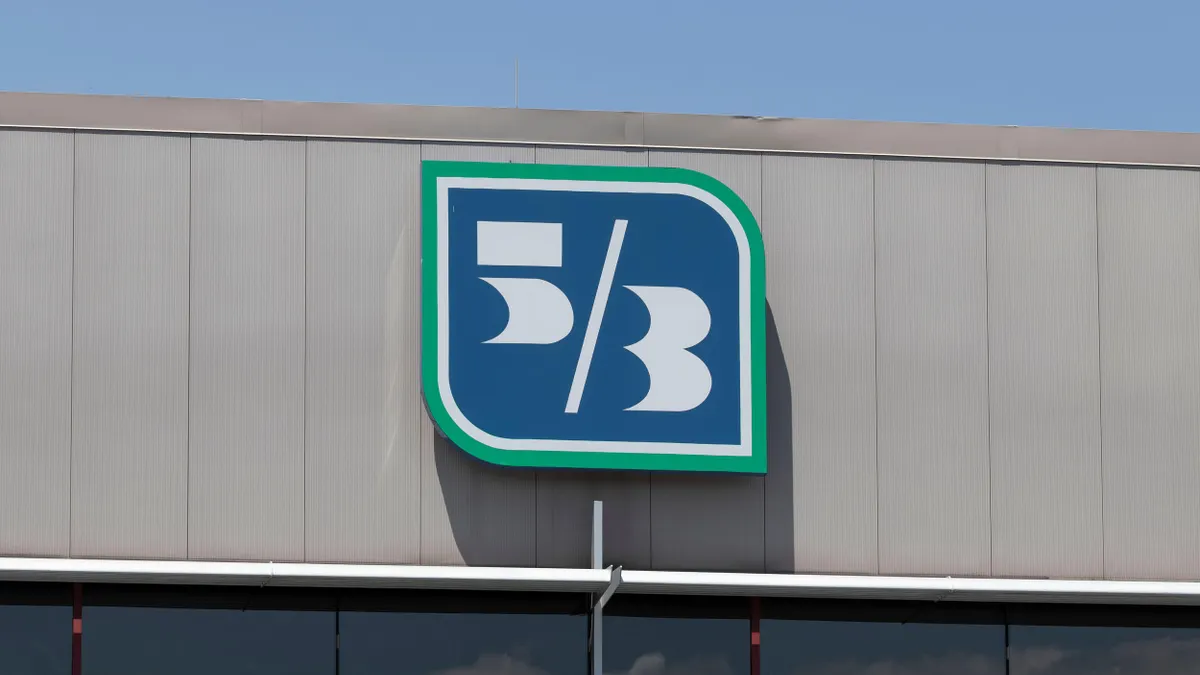Synapse Financial Technologies, an embedded finance platform, announced a new partnership with AMG National Trust, a Denver-based wealth manager and national bank, on Wednesday.
AMG will serve as a partner bank to Synapse’s broker dealer and credit entities in providing services like virtual account issuance, banking identification number sponsorship and payment processing, the companies said in a statement.
“We see this definitely as finding a really good stable partner that we can grow with in the long term and provide really excellent products and services to our customers,” Synapse CEO and co-founder Sankaet Pathak said.
Synapse and AMG have a culture match, Pathak said. AMG provides custody to non-U.S. individuals in U.S. dollars at the bank, allowing folks facing high inflation in countries like Argentina and Brazil to be able to hold USD, which Synapse wants as well, Pathak noted.
“[AMG] have been always trying to do something new, being very thoughtful and methodical about innovating, building the team culture, where people feel empowered,” he said.
The San Francisco-based fintech will start with virtual account issuance with AMG to help customers get an AMG account number and routing number to fund or disperse their loan account or cash management with Synapse. Customers could connect their cash management account or loan account directly to payroll providers like Venmo, Square Cash and different capabilities through AMG.
“Since our inception, AMG has been committed to growing and evolving our business to meet the needs of our clients. With our size, independence, and diverse range of products, we are well-positioned to partner with Synapse to enable critical capabilities for its customers,” Sheryl Bollinger, president and CEO of AMG, said in a statement.
The national bank manages approximately $6.6 billion for clients from eight locations across the U.S., the bank said in a statement.
The partnership went live last week, and Synapse is actively processing for its clients, Pathak said. Though customers might not notice a difference initially since the fintech already has virtual account number issuance products with other banks, Pathak is confident the reception will be positive.
“I think we will enable a fast ramp for customers on the account number issuance product or capability which will enable more and more customers to be able to get direct deposit [and] debit set up across the ecosystem in the U.S. or internationally which we believe creates really sticky customers at the end of the day,” Pathak said.
Synapse is backed by over $50 million in funding from top venture firms like Andreessen Horowitz, 500 Startups and Trinity Ventures. It has an annualized transaction volume of $76 billion across 91 million transactions on its platform, with more than 18 million end users, the firm said.
With over five bank partners, Synapse plans to secure more in the coming months, according to Pathak.
Last year, Synapse partnered with American Bank, a community bank in Iowa, which was an extension of the fintech’s modular banking strategy that included Lineage Bank. Modular banking is an infrastructure that sources specialized services across multiple bank partners to deliver these services to all its fintech and enterprise customers.
Synapse’s product offerings
Following the March failure of Silicon Valley Bank and others, Synapse launched the FastTrack program, which enabled fintechs affected by the recent bank closures to quickly resume payment processing. The fintech gained quite a few customers benefiting its sales pipeline and overall customer base, Pathak added.
He said its Global Cash program helps U.S.-based fintechs expand their market reach by onboarding international customers, keeping compliance in mind.
Synapse’s Global Cash program saw 1 million accounts held by Brazilians at the end of 2022. The company is planning to expand to other countries in Latin America, including Argentina, Colombia, Chile and Mexico, as well as Asia, specifically India.
The banking space is evolving, Pathak said.
With more oversight and standardized regulations, more banks will participate in the fintech space and more tools will be needed to monitor them effectively, he said. That means fintechs will have more options, and there will be more tools to build, he said.
“We are seeing it play out right now. Third party oversight is going to get much more standardized, which is awesome. It essentially means more bank partners will feel more comfortable getting into the business, which would increase the supply, and then the demand is already there,” Pathak added.






















